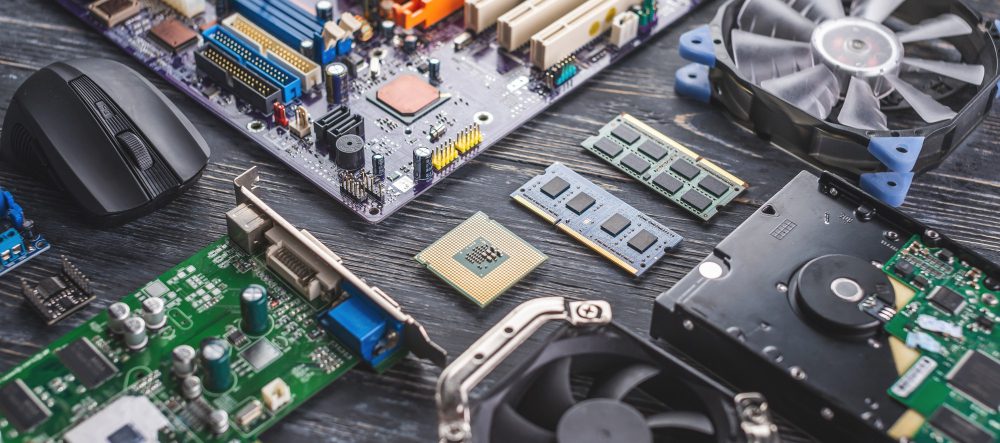Are Motherboard Sound Cards Good?
When building a computer or buying a pre-built one, one of the components that people often overlook is the sound card. Many motherboards come with integrated sound cards, also known as onboard audio, which raises the question: Are motherboard sound cards good enough for most users? The answer depends on several factors, including your specific needs and intended usage.
The Basics of Motherboard Sound Cards
Motherboard sound cards, also referred to as audio codecs, are integrated circuits that handle the processing and output of audio on a computer. These cards have come a long way since their early days, when they were notorious for poor sound quality and high levels of interference. Today, most motherboard sound cards offer decent sound quality and a range of features that satisfy the needs of the average user.
One of the main advantages of using a motherboard sound card is cost-effectiveness. Since it comes integrated into the motherboard, you don’t need to spend extra money on a separate sound card. This makes it an attractive option for budget-conscious individuals or those who don’t require exceptional audio performance.
The Quality Debate
While motherboard sound cards have improved significantly, they still fall short when compared to dedicated sound cards designed specifically for audio enthusiasts or professionals. These high-end sound cards typically offer superior audio quality, lower latency, and more advanced features such as surround sound support or hardware acceleration for audio processing.
However, it’s important to note that the perceived difference in audio quality between a motherboard sound card and a dedicated sound card might not be noticeable to the average user. Unless you have a well-trained ear or specific audio requirements, the audio output from a motherboard sound card is generally sufficient for everyday tasks such as listening to music, watching movies, or playing video games.
Use Case Considerations
The suitability of a motherboard sound card depends on the user’s specific needs and use cases. Let’s explore a few scenarios to better understand when a motherboard sound card may be sufficient:
- Casual Users: If you primarily use your computer for basic tasks like web browsing, email, and streaming videos, a motherboard sound card will likely meet your requirements. The built-in audio support should provide clear sound output for everyday use.
- Gaming Enthusiasts: Gamers who play popular titles or online multiplayer games typically won’t notice any significant difference in audio quality between a dedicated sound card and a motherboard sound card. Most modern motherboards offer support for surround sound and various sound effects, creating an immersive gaming experience.
- Average Audiophiles: If you enjoy listening to music or watching movies, but do not consider yourself an audiophile, a motherboard sound card should be more than sufficient. It will provide good sound quality, and any minor limitations are unlikely to detract from your overall enjoyment.
On the other hand, there are certain scenarios where a dedicated sound card might be more suitable:
- Professional Audio Work: Musicians, audio engineers, or content creators who work extensively with audio require the highest level of audio fidelity and low latency. In these cases, investing in a dedicated sound card with advanced features and specialized drivers is recommended to achieve optimal results.
- High-End Gaming and Virtual Reality: Gamers who demand the best possible audio experience, particularly in VR or high-end gaming setups, may benefit from the enhanced audio processing capabilities and advanced features offered by dedicated sound cards.
Final Thoughts
In summary, the quality of motherboard sound cards has improved over the years, making them suitable for most users in everyday scenarios. For casual users or gamers who don’t have specific audio demands, a motherboard sound card will likely meet their needs and provide satisfactory audio performance. However, for professionals or enthusiasts who require the highest level of audio fidelity or advanced features, investing in a dedicated sound card is recommended.
Ultimately, the decision of whether to rely on a motherboard sound card or invest in a dedicated one depends on your intended use, budget, and personal preferences. Consider your specific requirements, evaluate the available options, and make an informed choice that aligns with your needs.
No matter which route you choose, it’s always worth considering factors like driver support, compatibility, and user reviews before making a final decision. By doing so, you can ensure that your audio experience is optimized and tailored to your individual preferences.



